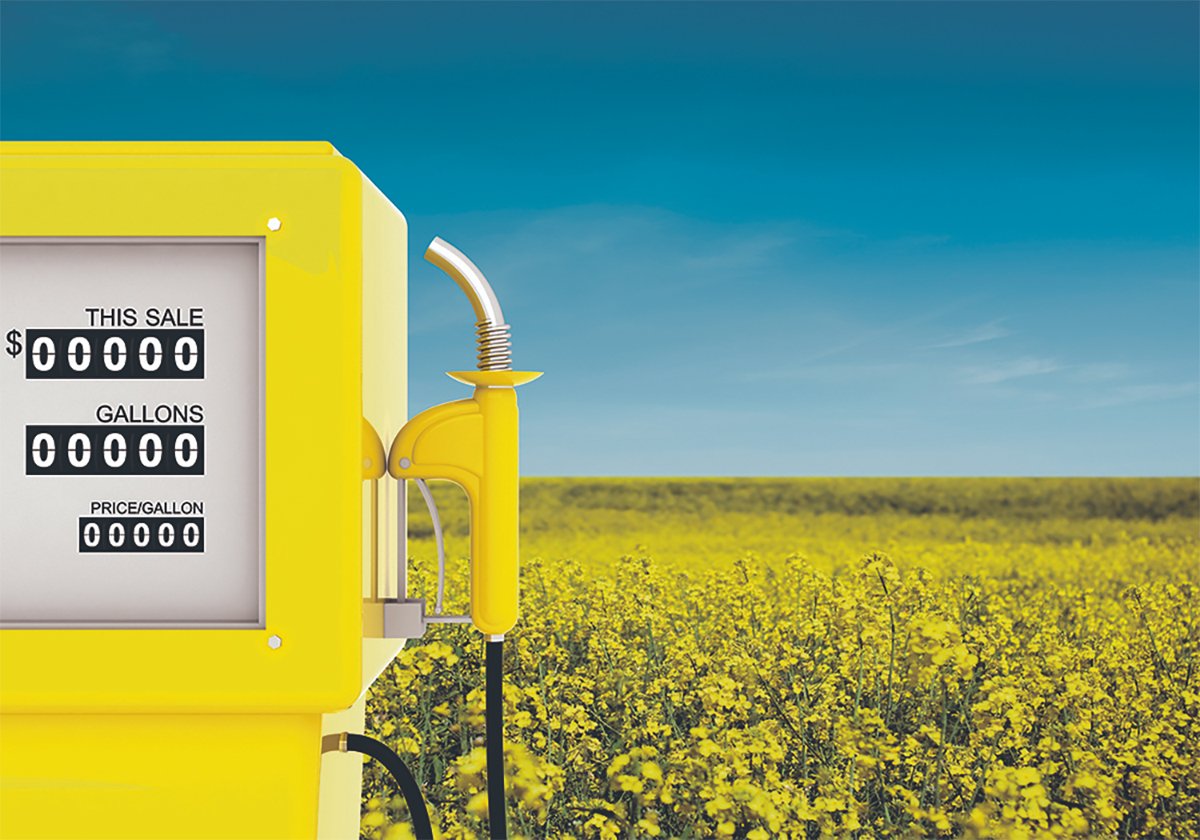JERSEY CITY, N.J. -ÊBiodiesel is no flash in the pan, says an Iowa farmer who is setting up four production plants in his state.
It is such a valuable, environmentally safe and useful product that demand for it is likely to grow, he added.
“We like to say that renewable energy will set you free. We believe that’s true,” Bill Horan told the Canola Council of Canada’s annual convention.
“We can have a product that does it all – in vegetable oils. This can be a real rejuvenation for rural America.”
Read Also

Biofuel sector happy with federal budget
Advanced Biofuels Canada says new Biofuel Production Incentive is a lifeline until CFR amendments are in place.
The four plants Horan is helping finance and build are each designed to produce 115 million litres of biodiesel per year, at a cost of $50 million US per plant.
Each project is based on raising $20 million from local residents and $30 million in bank debt.
The first project raised $20 million from 690 residents in nine days. It took 10 days to raise that amount for the second project. The other fundraising attempts are now under way.
“This myth, that there’s no money in agriculture to invest in renewable energy, it’s just not true,” Horan said.
Many people are skeptical about renewable energy after decades of achingly slow development of the ethanol industry, but Horan said automobile manufacturers, municipalities and other key players have leapt upon the biodiesel bandwagon at a dizzying speed.
All of the production from the first plant his group is building has already been committed “and none of it will be available locally,” Horan said.
Half will go to ferry boat operators on Puget Sound in Washington state and the other half to the port of Long Beach in California.
In both places pollution controls are forcing local energy users to seek out less-polluting fuel and biodiesel fits that need.
Horan’s plants will use a mix of 70 percent vegetable oil and 30 percent animal fat. The fat is used to level out the peaks and valleys of soybean prices, which can gyrate greatly.
With 52 U.S. cities failing to meet the U.S. Environmental Protection Agency’s maximum pollution levels, there will be growing demand for biodiesel, Horan said.
Cruise ship lines are now trying to lock up biodiesel supply because they would like to tell potential cruise ship passengers that their ships are environmentally friendly.
“There’s not enough biodiesel production in the world today to supply all the cruise ships,” Horan said.
School and city bus fleets are other potential markets.
With a 55 billion litre American diesel market, biodiesel has a lot of scope to expand, he said.
That’s good for Canadian canola growers, whether or not Canada embraces biodiesel the way the United States has, he added.
Biodiesel production in the U.S. receives hefty tax breaks and other supports, which industrial developers such as Archer Daniels Midland have pointed to when explaining why they don’t develop plants in Canada.
Canola oil makes a preferred feedstock for biodiesel, Horan said, because it requires less refining than soybean oil, upon which his plants will rely.















